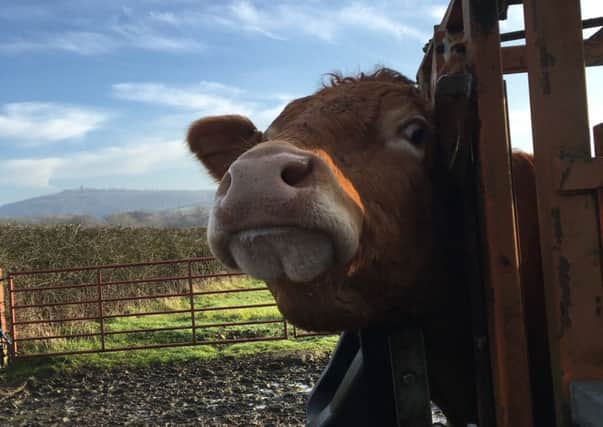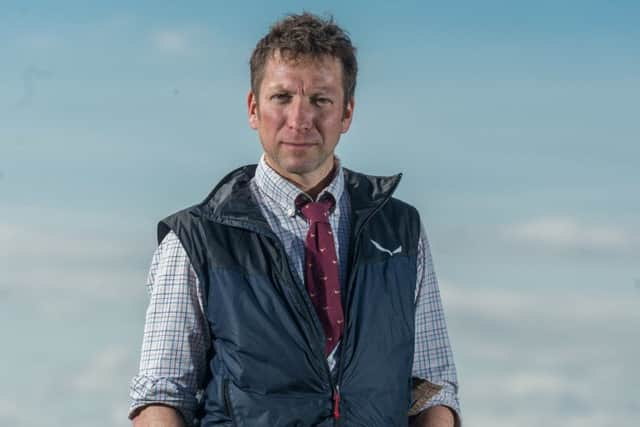Julian Norton: Disease puts both cattle and vet to the test


We are lucky in Yorkshire to have a very low level of TB, so animals only need to be tested every four years. This is in huge contrast to some parts of the country, where the disease is rife and all stock must be tested annually. It is a fairly mundane task, but important, and provides a good opportunity to catch up with the farmer and get a sense of how things are going on the farm.
However, now things are very different. Three years ago, the job of TB testing all the nation’s cows was put out to tender by the Government. The company that won the contract (made up of a national consortium of veterinary practices) decided that, instead of employing its own TB testers, it would offer the job back to practising vets, at a rate somewhat lower than the minimum wage. Needless to say, we respectfully declined.
Advertisement
Hide AdAdvertisement
Hide AdSome of our farmers though, still prefer to have their own vet to TB test their animals, and are happy to arrange for us to carry out the task privately. This was the case for the two herds I saw this week. One of them had some post-movement tests to undertake, to make sure cattle that had just been moved onto the premises did not have the disease, before introducing them to the rest of the herd. The other herd was under movement restriction, after there had been a suspicious case at a neighbouring farm. It has been a tense few days, doing the tests and awaiting the results.


TB testing itself has not altered for more than 60 years. It relies on injecting small amounts of avian and bovine tuberculin into the skin on the neck of each cow. Three days later, any lumps that have developed are measured. The size of the avian lump relative to the bovine lump determines whether the animal is a reactor, an inconclusive reactor or free from TB.
We are told by Defra that this remains the most accurate and sensitive of tests, although in the 21st century, when massive advances have been made in both diagnosis of, and screening for, disease, it seems peculiar still to be relying on a test developed in the 1930s. But ours is not to reason why. Ours is just to test.
But we can’t just test. The new regime requires that we revalidate our skills (a 21st century term if ever there was one), so I enrolled on the course. Before I could embark on the ten hours of reading, write the reports of previous tests, and carry out the supervised test to confirm I could still do the thing I have been doing every few weeks for the last 20 years, I had to complete a preliminary exam.
Advertisement
Hide AdAdvertisement
Hide AdIt will not divulge too many secrets to say that the answer to the question, “where should you dispose of your bucket of disinfectant after cleaning your wellies?” is not a) down the drain, or b) onto the concrete, but actually and surprisingly c) into the bushes!


I failed that part.
The rest of my questions were more conventional and I think I got most of them right. I have done everything I need to do, and now I am ready to sit my final exam. But first I need to go back to check my cattle for lumps. It is not just me that is hoping for a clear test.
The Yorkshire Vet continues on Channel 5 this Tuesday at 8pm.